Reading books by autistic authors isn’t just about understanding autism—it’s about finding rich, diverse, and often underrepresented voices in literature. These famous autistic authors let you into their heads, whether through memoirs, fiction, poetry, or fantasy. They show that autism doesn’t limit creativity—it reshapes it in amazing ways.
From Temple Grandin’s groundbreaking ideas to Sunyi Dean’s eerie fantasy worlds, these authors with autism prove that being on the spectrum brings unique skills to storytelling. This guide reviews 8 of the best books written by autistic writers. Whether you’re looking for books about autism by autistic authors or just great original writing, these voices are worth your time.
8 Famous Autistic Authors And Why You Should Read Them
If you think autism and writing are not a match made in heaven, think again. Autism is not a limitation but a different prism through which we see the world. Several writers with autism have utilized their different insights to produce thought-provoking books that speak to readers everywhere. The books cut across a range of genres, including autobiographies and children’s books as well as novels and poems by autistic authors, providing an insider’s view into the condition and beyond.
1. Daniel Tammet – Born on a Blue Day

“You don’t have to be disabled to be different, because everybody’s different.”
When you read Daniel Tammet’s memoir, you don’t just learn about autism—you step into a mind where numbers bloom into colors and words morph into textures. Diagnosed with Asperger’s and savant syndrome, Tammet doesn’t just describe his experiences; he translates them into beautiful prose that bridges the gap between neurotypical and autistic perception. His ability to articulate synesthesia, a condition where senses blend, reveals how autism can expand creative horizons rather than limit them.
Tammet’s work challenges the myth that autistic people lack emotional depth. In Thinking in Numbers, he reframes mathematical concepts as poetry, showing how patterns and logic are beautiful. As a polyglot who taught himself Icelandic in a week, he embodies the intense focus many autistic people put into their passions. You see a world where difference is not a deficit but a doorway to innovation.
2. Donna Williams – Nobody Nowhere
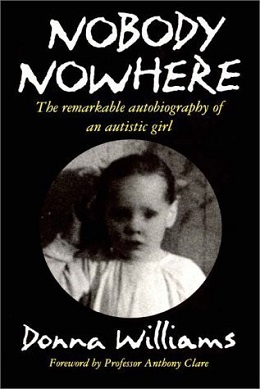
“Opinions that had nothing to do with my own identity or needs rolled off my tongue like wisecracks from a stand-up comedian…. Hiding behind the characters of Carol and Willie, I could say what I thought, but the problem was that I could not say what I felt”.
Donna Williams’ Nobody Nowhere is a raw, unflinching account of growing up undiagnosed in an era when autism was misunderstood as “childhood schizophrenia.” Her memoir doesn’t sugarcoat the trauma of sensory overload or the isolation of feeling like an alien in her own skin. Yet, what makes Williams’ writing essential is her refusal to romanticize or pity her journey. She dissects her dissociation and self-injurious behaviors with clinical precision, giving readers a map of survival strategies forged in desperation.
One of the most well-known authors with autism, Williams’ later books, like Somebody Somewhere, chart her evolution from a nonverbal child to an advocate who reclaimed her voice. Her writing dismantles the myth that autistic people lack self-awareness, instead revealing a rich inner life often stifled by societal expectations. For anyone who wants to understand autism beyond the stereotypes, her books are must-reads.
3. John Elder Robison – Look Me in the Eye: My Life With Asperger’s
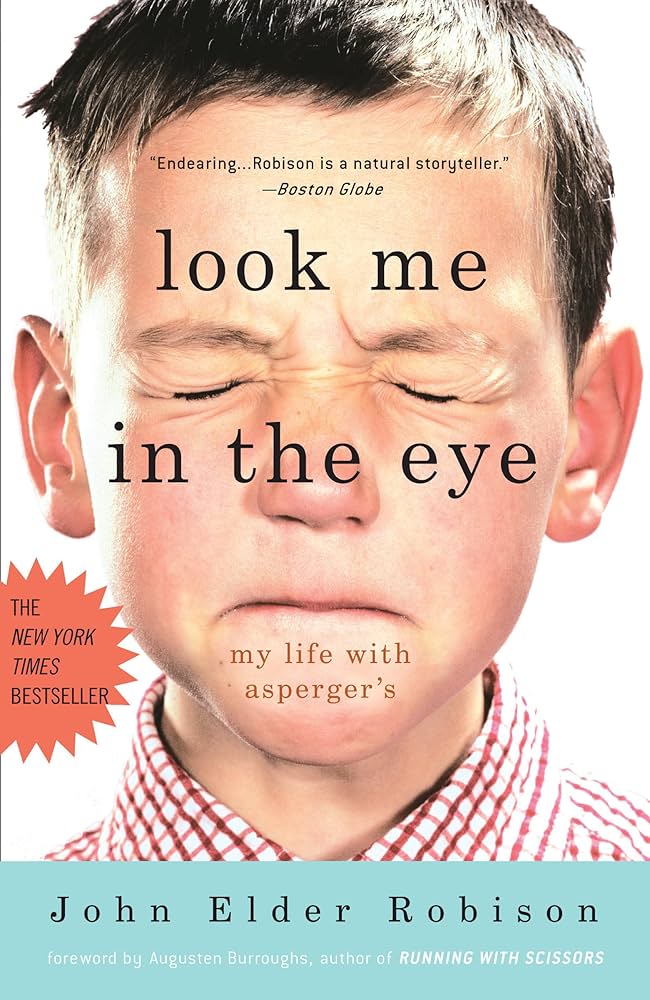
“I don’t really understand why it’s considered normal to stare at someone’s eyeballs.”
One of the best books on the autistic spectrum, John Elder Robison’s Look Me in the Eye: My Life With Asperger’s, begins with a confession. Diagnosed with Asperger’s at 40, Robison spent decades believing he was “defective” because he couldn’t read social cues. His memoir traces his journey from a misfit teenager designing guitars for KISS to a bestselling author advocating for neurodiversity. What sets Robison apart is his ability to translate autistic logic into relatable analogies, like comparing social interactions to reverse-engineering software.
One of the most famous autistic personalities, Robison, doesn’t just tell his story—he decodes it. His descriptions of hyperfocus and sensory sensitivities explain autistic traits without pathologizing them. By combining technical brilliance with vulnerability, he shows you how to appreciate the ingenuity required to live in a world not designed for your brain.
4. Rivers Solomon – An Unkindness of Ghosts
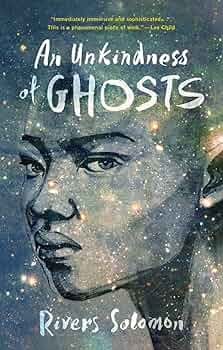
“People do not know what to make of me, and this pleases me. I don’t want to be scrutable.”
Can autistic people write fiction? Of course, they can! Take Rivers Solomon, for example. He writes speculative fiction that breaks down oppressive systems, real and imagined. In An Unkindness of Ghosts, they reimagine a spaceship’s hierarchy as a microcosm of slavery and colonialism, centering an autistic protagonist who communicates through medical codes and botanical metaphors. Solomon’s prose crackles with urgency, dissecting trauma while insisting on joy as resistance.
Autism is in Solomon’s work not as a plot device but as a way to explore neurodivergent resilience. Their autistic characters often refuse to assimilate, instead building communities that honor people who are different. By reading Solomon, you see how autistic perspectives can dismantle the narrative of “brokenness” and imagine liberation based on collective care.
5. Fern Brady – Strong Female Character

“The idea that meltdowns are manipulative is absurd and a cause of gross misunderstanding between autistics and the rest of the world.”
Fern Brady is a Scottish comedian and author who did not learn she was autistic until adulthood. As with most female autistic writers, her path to diagnosis was lengthy and riddled with misunderstandings. In her memoir, Strong Female Character, she lifts the lid on life pre- and post-diagnosis of being on the autism spectrum.
Brady’s writing is unapologetic, humorous, and brutally honest. She discusses growing up with undiagnosed autism, living with anxiety, feeling misunderstood by physicians and educators, and feeling forced to conform to the norms of society. She also addresses how autism impacted her relationships, work life, and mental well-being.
One of the most amazing female autistic authors, Williams’ writing stands out because she links her own issues to larger concerns experienced by other women with autism. You can start to imagine how many women, particularly those who don’t fit the mold, fly under the radar. Brady’s fiery voice is loud in a world that too often demands women to be quiet and nice. Her memoir is about more than one person; it’s a resounding reminder that autism doesn’t look like one face.
If you want a clever, no-holds-barred read that combines humor with genuine honesty, Fern Brady’s book is a must-have. It’s not only one of the top books by autistic writers but also one of the most enlightening memoirs you’ll find.
6. Sunyi Dean – The Book Eaters
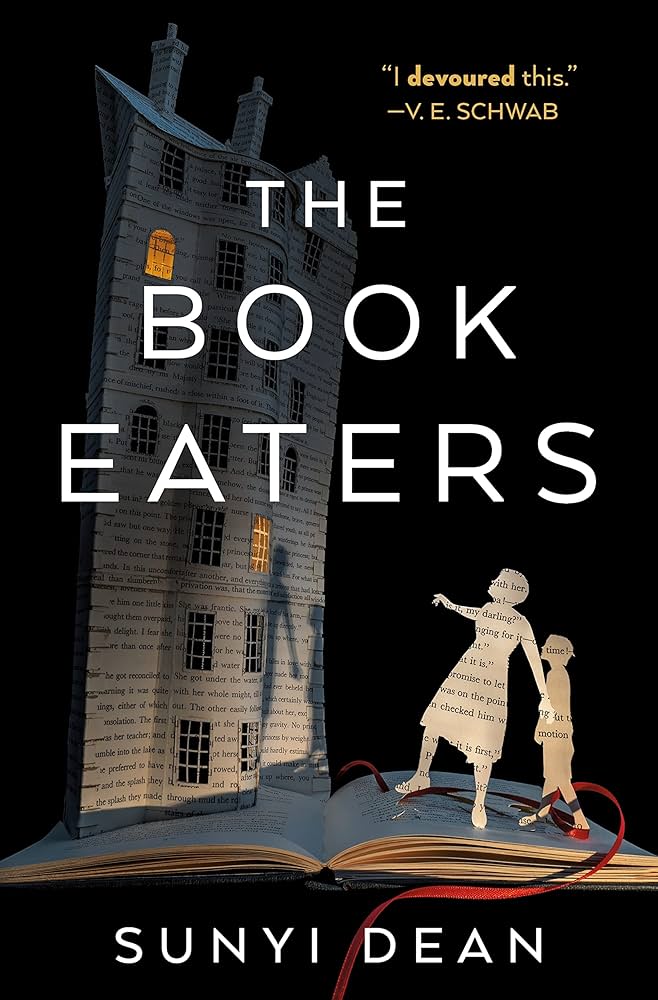
“We can only live by the light we’re given, and some of us are given no light at all. What else can we do except learn to see in the dark?”
Sunyi Dean is one of the most celebrated autistic fantasy authors today—and she just so happens to be autistic. Her first novel, The Book Eaters, is not merely a witty fantasy about individuals who devour books to gain knowledge. It is also an intensely personal exploration of agency, self, and the weight of expectation.
Dean’s prose is moody, lush, and reflective. You won’t find a textbook definition of autism in her book. Rather, there are themes in her inner reality: the difficulty of communicating when society does not always hear you, the battle for control, and the unseen power in those who perceive the world differently.
What is exceptional about Sunyi Dean compared to other autistic authors of fantasy fiction is that she seamlessly incorporates neurodivergent experience into the genre without didacticism but with depth in storytelling. She’s open about her diagnosis and the challenges she’s faced in both her personal life and the publishing world, including sensory sensitivities and burnout. Yet she doesn’t define herself by her diagnosis. She writes boldly, on her own terms.
Whether you’re a fantasy fan or just love unique voices, Dean’s work is a great entry into books written by someone with autism. She shows us that autistic individuals definitely can compose strong, emotional, and textured fiction—and that their books matter.
7. Tito Rajarshi Mukhopadhyay – How Can I Talk If My Lips Don’t Move? Inside My Autistic Mind
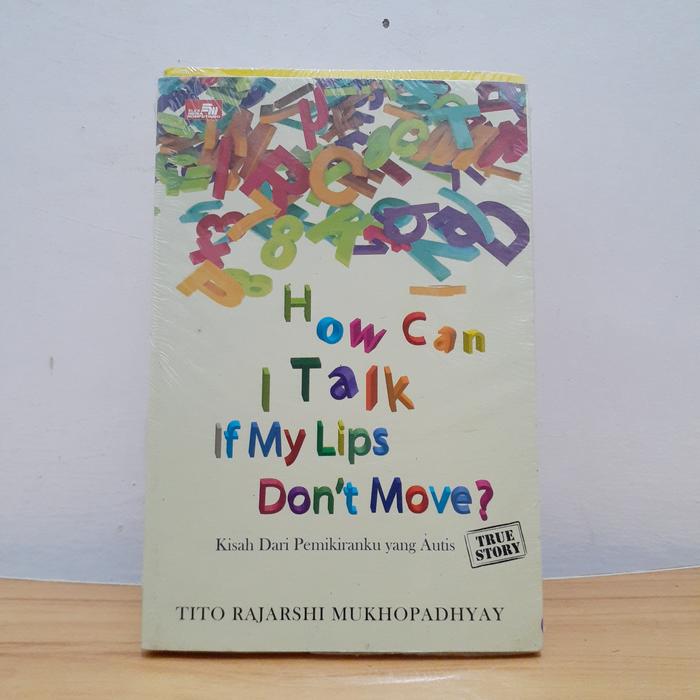
“Talking about independence makes me wonder, who is truly independent in this world? … I am dependent… on certain caregivers and therapists. Those caregivers and therapists need people like me to earn their bread and butter and draw their salaries. So no one is doing any favors when choosing whatever his means of livelihood is.”
Tito Rajarshi Mukhopadhyay is an Indian author diagnosed as a child with nonverbal autism. Despite the fact that he cannot verbalize, he composes with astounding clarity and lyricism. His memoir, How Can I Talk If My Lips Don’t Move?, is a personal essay as well as a poetic journey inside the mind of a person that the world so frequently misreads. Tito started writing as a child, first through a letterboard and then a keyboard.
His writing is poetic, riddled with metaphors and spiritual vision. He discusses what it is like to be stuck in a body that doesn’t always play along, the isolation of being unable to talk, and the delight he derives from nature, numbers, and rhythm. His writing puts the notion that language should be verbal to have credibility into question.
The story of Tito is particularly poignant because it illustrates that intelligence and imagination can burst forth in ways that transcend standard communication. His novel is a quiet, sometimes dreamlike contemplation of thought, silence, and feeling. If you’re looking for books by a person with autism that will break open your heart and broaden your mind, this one is essential to read.
Tito demonstrates that poetry, intelligence, and profound feeling can emanate from locations we may neglect—and his voice, although soft-spoken, is impossible to ignore.
8. Naoki Higashida – The Reason I Jump
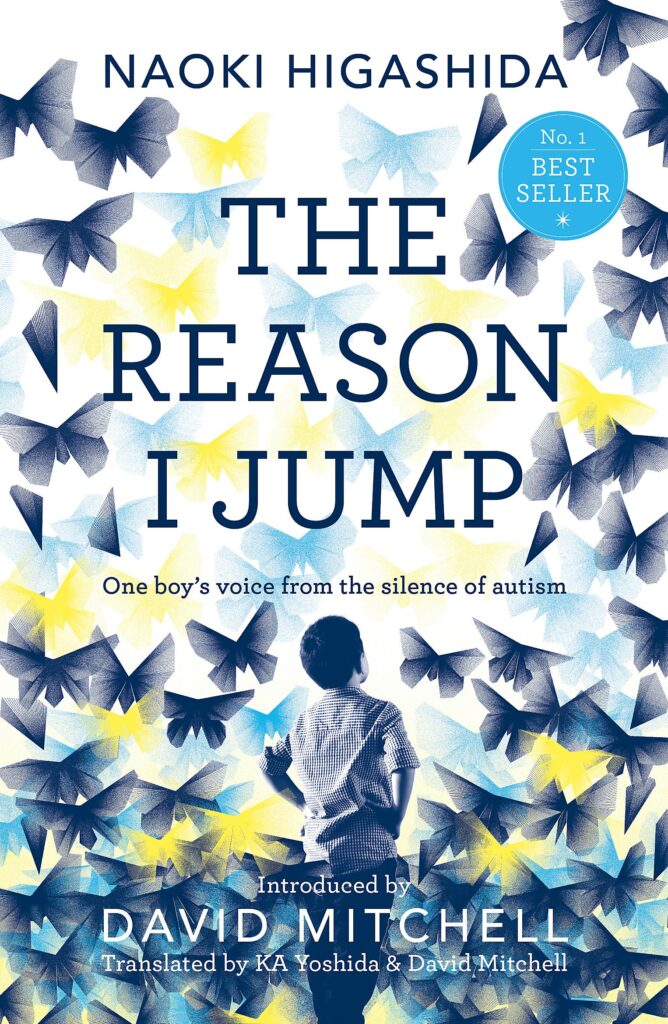
“When I’m jumping, it’s as if my feelings are going upward to the sky. Really, my urge to be swallowed up by the sky is enough to make my heart quiver.”
Naoki Higashida first penned his breakthrough book, The Reason I Jump, when he was only 13 years of age. A resident of Japan who is non-verbal because of his autism, he communicates using a grid through an alphabet system to reflect and express his thoughts. The result was a book that offers a rare, first-person glance into the experience of being a nonverbal person with autism.
In a series of brief essays, plus Q and A-type musings, Naoki tackles questions that many people have about autism — questions like “Why do you talk so loudly in public?” or “Why won’t you look me in the eye?” His responses are emotional, deep, and poetic. For many readers, he is both an inspiration and a moving example. No wonder he is one of the most celebrated and famous autistic authors in the world.
Conclusion
These writers explode the common myth that creativity gets squeezed if you have autism. Instead, they demonstrate how the condition can deepen narrative innovation. The works of these famous autistic authors take you through storytelling through a neurodivergent lens. You become educated about autism and expand your idea of what literature can be.
Authors with autism have significantly impacted all genres of literature with a surprising range of tales that both defy and challenge. Books by autistic authors teach you about the richness of neurodiverse lives and the potential for storytelling to be a bridge of understanding. Next time you’re browsing for a new read, look beyond the mainstream and pick up a book written from a mind that sees the world differently—you might just see your own in a new light.
7 Poems That Prove E.E. Cummings Is The Only Poet You’ll Ever Need To Read




